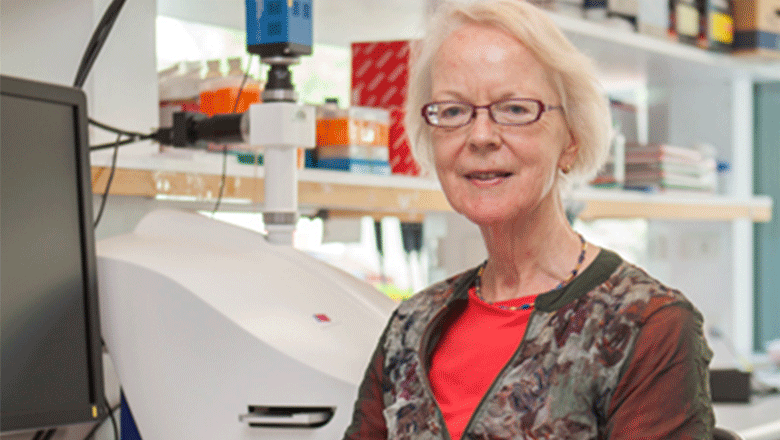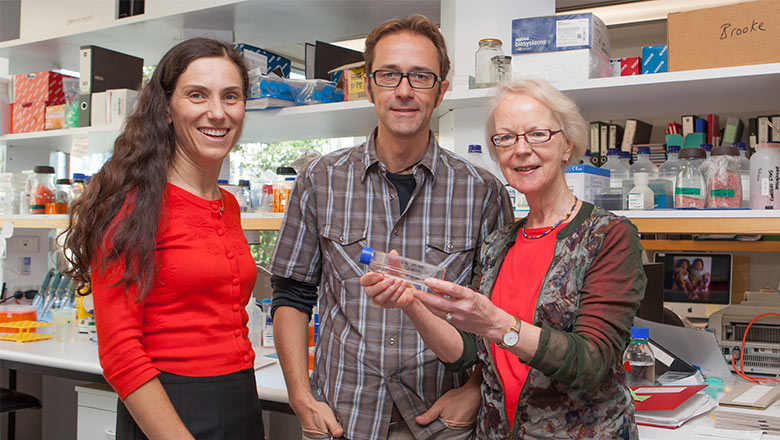Search
Research
Gene Expression Analyses of the Spatio-Temporal Relationships of Human Medulloblastoma Subgroups during Early Human NeurogenesisMedulloblastoma is the most common form of malignant paediatric brain tumour and is the leading cause of childhood cancer related mortality.
Research
Exposure to pesticides and the risk of childhood brain tumorsThis Australian case-control study of CBT investigated whether exposures to pesticides before pregnancy, during pregnancy and during childhood, were...
Research
Maternal consumption of coffee and tea during pregnancy and risk of childhood brain tumors: results from an Australian case-control studyThe aim of this analysis was to investigate whether maternal coffee or tea consumption during pregnancy was associated with the risk of CBT.
Research
Parental occupational paint exposure and risk of childhood leukemia in the offspring: findings from the Childhood Leukemia International ConsortiumUsing individual data from fathers of 8,185 cases and 14,210 controls, the pooled OR for paternal exposure around conception and risk of acute lymphoblastic...
Research
Factors relating to pregnancy and birth and the risk of childhood brain tumors: Results from an Australian case-control studyChildhood brain tumors (CBT) are the leading cause of cancer death in children, yet their causes are largely known. This study investigated the association...
Research
Exposure to household painting and floor treatments, and parental occupational paint exposure and risk of childhood brain tumorsThis study investigated whether household exposure to paints and floor treatments and parental occupational painting were associated with CBT risk...

News & Events
The Kids Research Institute Australia researchers share in State Government science grantsFour The Kids Research Institute Australia researchers are among those who have received funding in the WA State Government's Merit Award Program announced today.

News & Events
New drug hope for babies with leukaemiaResearchers at The Kids Research Institute Australia have discovered a new drug combination that could help improve survival rates for babies with leukaemia.

News & Events
A cell change that drives leukaemiaIt is now known that the HOX11 gene is permanently activated in the leukaemia cells and it drives the disease.
News & Events
WA families to help find triggers for childhood leukaemiaWest Australian families are being asked to play a vital role in a major new national study to unravel the causes of childhood leukaemia.
